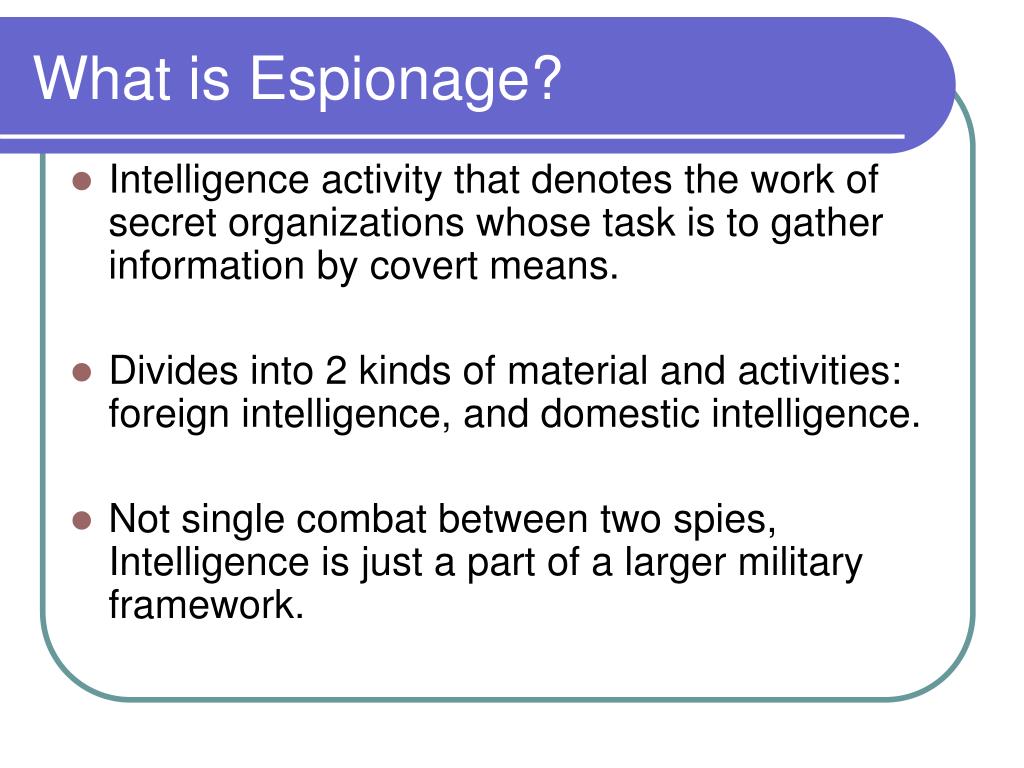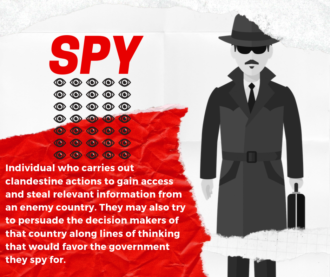


Thus the Wilson administration proposed and Congress passed the "Espionage Act of 1917." Much of the act simply served to supersede existing espionage laws. But Wilson and his cabinet had begun to express concern about what Attorney General thomas gregory referred to as "warfare by propaganda." With World War I raging in 1917, the administration of President woodrow wilson decided that there needed to be a law protecting the United States against "the insidious methods of internal hostile activities." While the United States had Espionage laws already on the books, it had not had a law against seditious expression since the Alien and Sedition Acts of 1798 expired. Supreme Court decisions regarding freedom of speech that continue to be studied. While most of the Espionage Act was straightforward and non-controversial, parts of this legislation curtailed Freedom of Speech in such a way as to draw an outcry from civil libertarians. 217, 219), and an amendment to it passed in 1918 sometimes referred to as the Sedition Act, were an attempt to deal with the climate created in the country by World War I.

One of the most controversial laws ever passed in the United States, the Espionage Act of 1917 (ch.


 0 kommentar(er)
0 kommentar(er)
